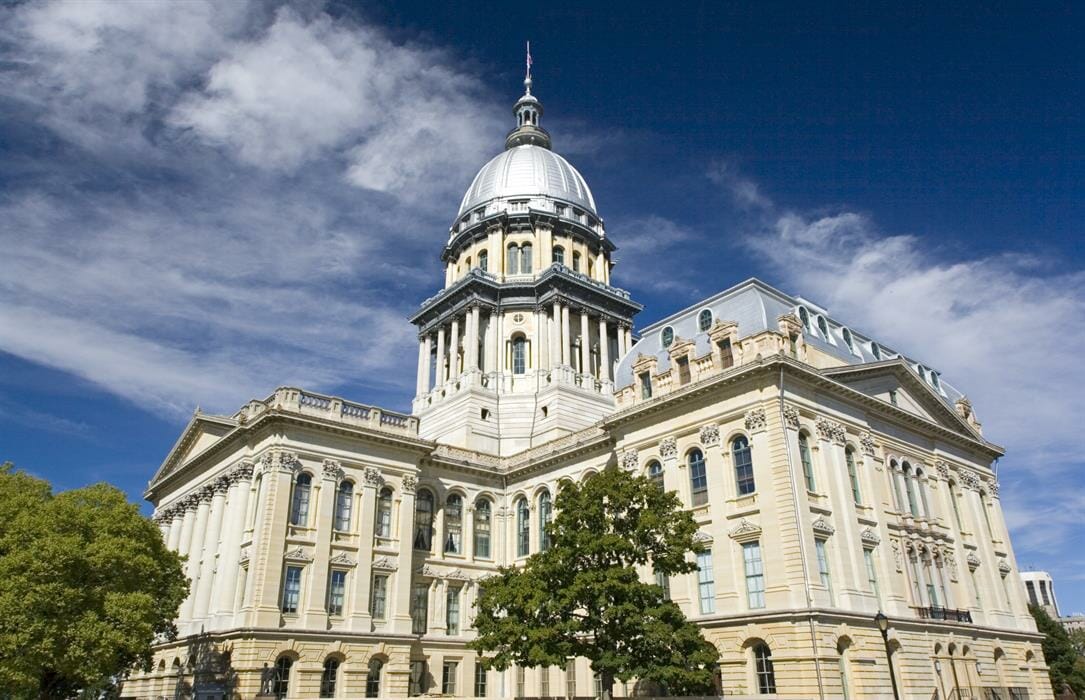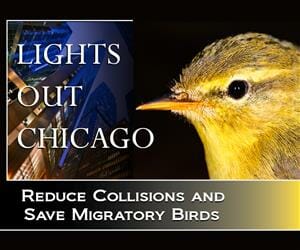General Assembly Approves Essential Agenda Legislation During COVID-Shortened Spring Session

By Curt Fiedler, Morrill & Fiedler, LLC
The Illinois General Assembly met in a COVID-19 shortened legislative session over a four-day period May 20 through 23 – negotiating and advancing “essential” legislation during that four-day period that normally takes more than three months to accomplish. In advance of the four-day session, the Illinois General Assembly released its “session agenda” that detailed the “essential issues” to be addressed during the limited four-day session. Further, the legislative session was conducted under strict social distancing protocols that saw the Senate conduct session at the State Capitol while the House met at the Springfield convention center, and access to legislators and legislative offices by the public or media was severely restricted.
The Illinois General Assembly approved the following “essential agenda” legislation during the four-day, COVID-shortened, spring session:
- SB 264 – contains the FY21 budget (see: SB 264 Harmon/Harris); contains a $42.8 billion operating budget, a 6.8% increase over current FY20 spending, and relies on borrowing up to $5 billion in federal assistance for state operations.
- HB 64 – contains the FY21 capital projects program (see HB 64 (Hoffman/Harmon); the total program includes $45.1 billion in capital projects.
- HB 357 – contains the FY21 budget implantation (or BIMP; see:HB 357 Harris/Harmon). Items within the BIMP include: (a) income tax distributions to local governments will remain at the same percentage rate as FY20; and (b) guidance on how the State will distribute federal CARE Act funds it receives (distribution of funds will be based on a per capita basis; local governments within the “five large counties that received direct allotments” previously from the CARES Act will not be included in receiving funds from the state; provides the criteria on how local governments must use the funds).
- HB 2174 - provides one-year sunset extensions to various licensure and regulatory acts (e.g., Emergency 9-1-1 Act, Telecom Act, Cemetery Oversight Act, etc.), without any substantive changes to the law (see: HB 2174).
- SB 2099 – authorizes state to borrow up to $5 billion from federal loan program for budget (see: SB 2099).
- SB 685 – contains language that allows counties (other than Cook) to waive late fees and fines for payment of property taxes; allows automatic extension of certain property tax exemptions (see: SB 685).
- HB 2096 – clarifies operational flexibility provided to local governments during a disaster declaration (see: HB 2096).
- SB 1863/HB 2238 – omnibus elections legislation, includes expanded vote-by-mail program for 2020 general election; makes 2020 general election a state holiday (see: SB 1863 and HB 2238).
- SB 2541 – contains language to renew hospital assessment program (see: SB 2541).
- SB 1857 – provides one-year sunset extensions to various governmental operations acts (e.g., JRTC sale deadlines, lottery scratcher for Alzheimer's research, Criminal and Traffic Assessment Act, Cook County Fee Waiver Program, Guardianship & Advocacy report) without any substantive changes to the laws (see: SB 1857).
- HB 2455 – contains negotiated and agreed legislative changes to workers compensation and unemployment insurance to frontline workers impacted by COVID-19 (see: HB 2455).
- SB 471 – expands paid sick leave; enhances penalties for crimes committed against merchants; allows racino employees to collectively bargain (see: SB 471).
- SB 2135 – clarifies state government operations during disaster declarations; establishes various commissions to oversee recovery efforts (see: SB 2135).
- SB 1864 – clarifies healthcare services during COVID/future disaster declarations; establishes study to make health care more affordable (see: SB 1864).
- SB 1569 – clarifies K-12 education requirements during disaster declarations (e.g., remote learning days, graduation requirements, teacher requirements, student council elections, etc.); clarifies award of certain higher education grants (see: SB 1569).
- HB 2682 – allows for restaurants, bars and stores to sell “mixed drinks” in sealed containers for carry out; allows late fees to be waived for liquor licenses (see :HB 2682).
- SB 516 – trailer bill for Chicago casino; (a) reduce the tax rates for the Chicago casino; (b) allow new casinos and racinos an additional four years to make their reconciliation payment to the state; (c) adjusts the application deadlines for a few of the new casino proposals; and (d) allow video gaming terminals at the State Fair (see: SB 516).
Items discussed that did not include changes to the recreational cannabis laws, authorizing Illinois General Assembly to meet and conduct business remotely, and clarification of the Governor’s statutory authority via executive order. After finishing its work, both chambers adjourned the 2020 spring session and will not reconvene until the 2020 fall veto session scheduled to begin on November 17..

About the Author
Curt Fiedler is a principal at Morrill & Fiedler, LLC, directing the efforts regarding government relations, the legislative process, legislative monitoring and legislative research for Morrill & Fiedler, LLC. BOMA/Chicago has long retained the services of the Morrill & Fiedler lobbying firm.

